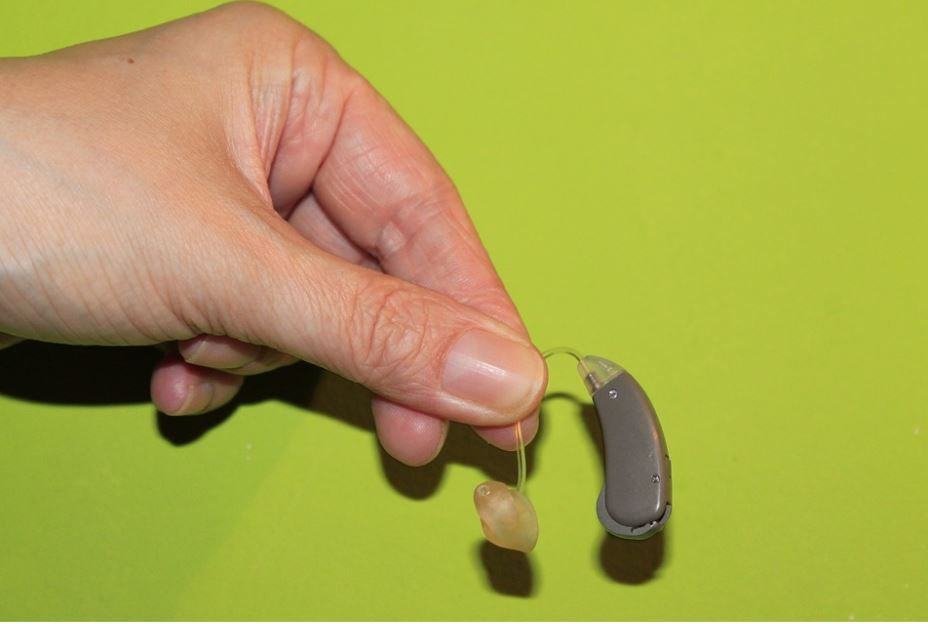Headaches are a common health issue that many people experience but did you know that mental health can affect headaches? They can range from mild discomfort to severe pain, disrupting daily activities and reducing overall quality of life. While headaches can be triggered by physical factors such as dehydration, poor posture, or illness, mental health is another significant factor that often goes unnoticed.
Mental health, which encompasses emotional, psychological, and social well-being, plays a crucial role in how the body responds to stress and pain. This connection between mental health and headaches is complex, but understanding it can help individuals manage their symptoms more effectively and improve their overall well-being.

The Connection Between Stress and Headaches
One of the primary links between mental health and headaches is stress. Stress is a normal part of life, but when it becomes chronic, it can lead to physical symptoms, including headaches. Stress triggers the body’s fight-or-flight response, releasing hormones like cortisol and adrenaline.
These hormones cause the muscles to tense up, particularly around the neck, shoulders, and head, which can result in tension headaches. In some cases, stress can also trigger migraines, a more severe type of headache characterized by intense pain, nausea, and sensitivity to light and sound.
People who experience high levels of stress are more likely to suffer from frequent headaches. This is especially true for individuals who have difficulty managing stress, as their bodies remain in a heightened state of tension. It’s important to note that stress-induced headaches can become a vicious cycle.
Headaches cause discomfort and frustration, which can increase stress levels, leading to more headaches. Learning stress management techniques such as mindfulness, deep breathing, or engaging in relaxing activities can be effective in breaking this cycle and reducing headache frequency.
Anxiety and Its Role in Headache Frequency
Anxiety disorders, including generalized anxiety disorder, panic disorder, and social anxiety disorder, can also contribute to headaches. Anxiety causes the brain to be in a constant state of alertness, which can increase muscle tension and exacerbate the physical symptoms of stress, including headaches.
People with anxiety disorders often report experiencing headaches during periods of heightened worry or fear, as their bodies react to perceived threats, even if the threat isn’t physically present.
In addition to tension headaches, anxiety is known to trigger migraines in some individuals. Migraines are more than just a typical headache; they involve neurological changes that cause throbbing pain, usually on one side of the head, and are often accompanied by other symptoms like light sensitivity, nausea, and visual disturbances.
Research suggests that anxiety can make migraines worse, both in intensity and frequency. Addressing underlying anxiety issues through therapy, medication, or lifestyle changes can significantly reduce headache occurrences.
Depression and Its Impact on Headache Severity
Depression, another major mental health condition, has been closely linked to headaches. People who suffer from depression are more likely to experience frequent and severe headaches. This is partly due to the changes in brain chemistry that occur with depression.
Low levels of certain neurotransmitters, such as serotonin and dopamine, can lower the body’s pain threshold, making headaches feel more intense. Additionally, depression can disrupt sleep patterns, leading to poor rest, which is a known trigger for headaches.
Individuals with depression may also experience headaches as a physical manifestation of their emotional pain. In fact, headaches are often one of the physical symptoms reported by those suffering from depression.
Specifically, chronic headaches are more common among people with depression. This link between depression and frequent headaches highlights the importance of addressing mental health issues to manage physical symptoms. By seeking treatment for depression, such as therapy or medication, many individuals find that their headaches also improve.
Sleep Disorders and Their Relationship with Headaches
Mental health conditions, especially anxiety and depression, are often linked to sleep disorders, which can, in turn, cause headaches. Sleep is essential for the body to repair itself and function properly, and disruptions in sleep can have a direct impact on headache frequency. Insomnia, sleep apnea, and other sleep-related disorders are known to increase the likelihood of both tension headaches and migraines.
People with mental health issues may struggle to get enough restful sleep due to racing thoughts, feelings of hopelessness, or anxiety. This lack of sleep creates a cycle in which poor sleep leads to headaches, which then contribute to even more difficulty sleeping.
In particular, migraines are often triggered by changes in sleep patterns, and individuals who suffer from migraines are advised to maintain consistent sleep schedules. Mental health treatment that addresses sleep disturbances, such as cognitive-behavioral therapy for insomnia, can significantly reduce the occurrence of headaches.
The Role of Trauma and Headache Development
Trauma, whether emotional or physical, can have long-lasting effects on both mental health and physical well-being, including the development of headaches. Post-traumatic stress disorder (PTSD), a condition that occurs after a traumatic event, is associated with a higher prevalence of headaches. The hyperarousal and heightened stress response seen in PTSD can lead to tension in the muscles, particularly in the neck and shoulders, resulting in headaches.
Emotional trauma, such as the loss of a loved one or experiencing abuse, can also manifest physically through headaches. These headaches are often triggered by memories or situations that remind the individual of the trauma, causing their body to react as though it is reliving the stressful event. Addressing trauma through counseling, trauma-focused therapy, or other therapeutic methods can help alleviate both the emotional and physical symptoms, including headaches.

Managing Mental Health to Reduce Headaches
Since mental health plays such a significant role in the development and severity of headaches, it is crucial to focus on managing mental health in order to alleviate headaches. Seeking professional help for mental health conditions, such as therapy or medication, can provide relief not only for emotional distress but also for physical symptoms like headaches.
Cognitive-behavioral therapy (CBT), for example, is a widely used approach for treating anxiety, depression, and PTSD, and it has been shown to help reduce the frequency and intensity of headaches.
In addition to professional treatment, lifestyle changes can make a big difference in reducing headaches. Regular exercise, a balanced diet, and practicing relaxation techniques can all help to manage stress and improve overall mental health.
Developing healthy coping mechanisms to deal with anxiety, depression, or stress can also prevent headaches from becoming a recurring issue. Furthermore, maintaining a consistent sleep schedule and addressing any sleep disturbances is vital for preventing headaches.
Mental health and headaches are closely interconnected, with conditions like stress, anxiety, depression, and trauma contributing to the frequency and severity of headaches. By understanding how mental health affects physical symptoms, individuals can take steps to manage their mental well-being and reduce the occurrence of headaches.
Seeking professional help, adopting stress-management techniques, and maintaining a healthy lifestyle are all important strategies for addressing both mental health concerns and headaches. By focusing on mental health, individuals can improve not only their emotional well-being but also their physical health, leading to a better quality of life overall.












